
Laura Sanders reports on neuroscience for Science News. She wrote Growth Curve, a blog about the science of raising kids, from 2013 to 2019 and continues to write about child development and parenting from time to time. She earned her Ph.D. in molecular biology from the University of Southern California in Los Angeles, where she studied the nerve cells that compel a fruit fly to perform a dazzling mating dance. Convinced that she was missing some exciting science somewhere, Laura turned her eye toward writing about brains in all shapes and forms. She holds undergraduate degrees in creative writing and biology from Vanderbilt University in Nashville, where she was a National Merit Scholar. Growth Curve, her 2012 series on consciousness and her 2013 article on the dearth of psychiatric drugs have received awards recognizing editorial excellence.

Trustworthy journalism comes at a price.
Scientists and journalists share a core belief in questioning, observing and verifying to reach the truth. Science News reports on crucial research and discovery across science disciplines. We need your financial support to make it happen – every contribution makes a difference.
All Stories by Laura Sanders
-
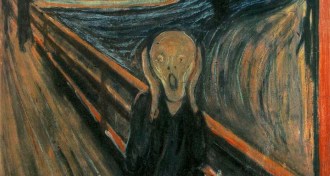 Neuroscience
NeuroscienceHow screams shatter the brain
The acoustical properties of screams make them hard to ignore, a new study suggests.
-
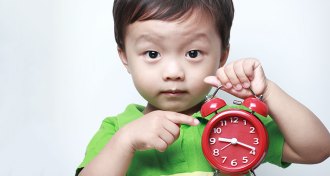 Health & Medicine
Health & MedicineIn children, a sense of time starts early
Minutes, hours, days and years start to take on new meaning as children acquire a deeper concept of time.
-
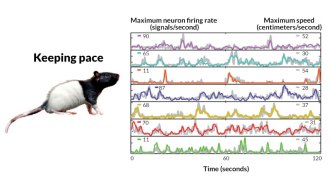 Neuroscience
Neuroscience‘Speed cells’ found in rats’ brains
Newly discovered “speed cells” clock rats’ swiftness.
-
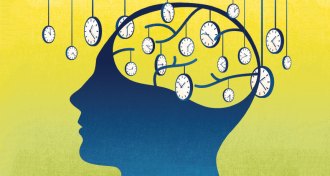 Neuroscience
NeuroscienceHow the brain perceives time
To perceive time, the brain relies on internal clocks that precisely orchestrate movement, sensing, memories and learning.
-
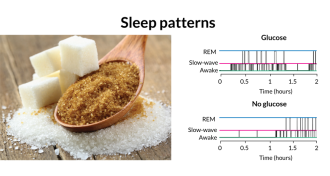
-
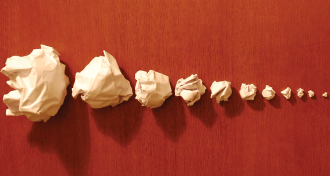 Neuroscience
NeuroscienceWrinkled brain mimics crumpled paper
Brains crumple up just like wads of paper, a new study suggests.
-
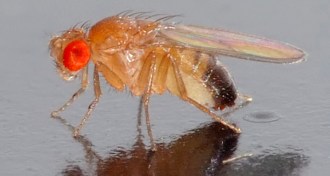 Neuroscience
NeuroscienceOld fruit flies’ swagger restored with brain chemical dopamine
Replenishing the chemical communicator dopamine to a handful of nerve cells makes old flies feel frisky again.
-
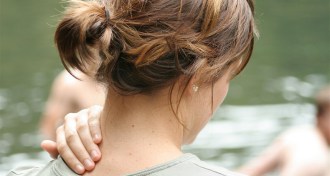 Neuroscience
NeurosciencePain may come in his and hers
Males and females rely on different kinds of cells to carry pain signals, a mouse study suggests.
-
 Health & Medicine
Health & MedicineShould you eat your baby’s placenta?
More women are choosing to eat their baby’s placenta after giving birth, but the evidence for benefits isn’t there yet.
-
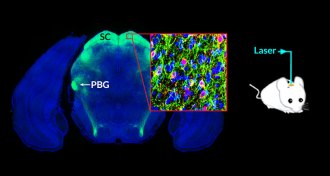 Neuroscience
NeuroscienceOne path that fear takes in the brain discovered
By hijacking a newly discovered pathway in mice’s brains, scientists inspire fear.
-
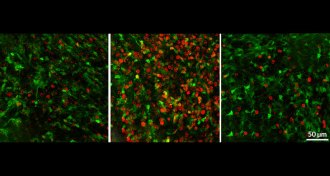 Neuroscience
NeuroscienceBrain’s adult stem cells born early
By tracing the lineages of adult stem cells in the mouse brain, scientists get a view of the cells’ early lives.
-
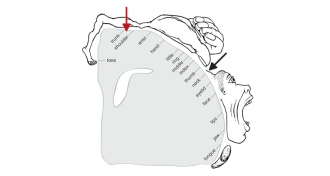 Neuroscience
NeuroscienceHomunculus reimagined
A new study pinpoints the part of the brain that controls the neck muscles, tweaking the motor homunculus.